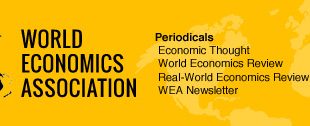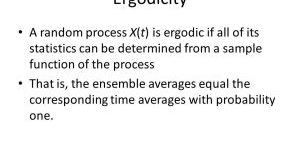real-world economics review Please click here to support this journal and the WEA – Subscribers: 26,420 subscribe RWER Blog ISSN 1755-9472– A journal of the World Economics Association (WEA) 14,468 members, join – Sister open access journals: Economic Thought and WEA Commentaries– WEA Online Conferences back issues issue no. 91 16 March 2020download whole issue Complexity, the evolution of macroeconomic thought, and micro foundationsDavid Colander 2 Models and reality: How did models...
Read More »Coronavirus case trajectories by country – update
Coronavirus deaths by country update
Reported coronavirus cases worldwide – map
Is the GOP coming to the Defense of the Poor and Unemployed?
Mnuchin makes proposals? Is this real? Krystal and Saagar: React to election results, progressive insurgent ousts establishment Dem Saagar Enjeti: Nancy Pelosi, Joe Biden, Kamala Harris BETRAY workers while GOP fills in the gaps What?
Read More »How to stop the toilet paper panic
Thanks to Big Data, it would be easier to stop the toilet paper panic in its tracks. Step 1: Announce that anyone holding more than, say, 50 rolls (per person in a household) must hand in the excess to a charity, and notify the government that they have done so. Step 2: A week later, order supermarkets to hand over the data they collect on purchases, and raid people with large stocks that have not been surrendered. Confiscate the lot, and leave them with an ample supply of...
Read More »Ergodicity: a primer
from Lars Syll Why are election polls often inaccurate? Why is racism wrong? Why are your assumptions often mistaken? The answers to all these questions and to many others have a lot to do with the non-ergodicity of human ensembles. Many scientists agree that ergodicity is one of the most important concepts in statistics. So, what is it? Suppose you are concerned with determining what the most visited parks in a city are. One idea is to take a momentary snapshot: to see how many people...
Read More »Coronavirus impact on stock markets – graph
Pandemics: lessons looking back from 2050
from Fritjof Capra and Hazel Henderson Imagine, it is the year 2050 and we are looking back to the origin and evolution of the coronavirus pandemic over the last three decades. Extrapolating from recent events, we offer the following scenario for such a view from the future. As we move into the second half of our twenty-first century, we can finally make sense of the origin and impact of the coronavirus that struck the world in 2020 from an evolutionary systemic perspective. Today, in...
Read More » Heterodox
Heterodox





